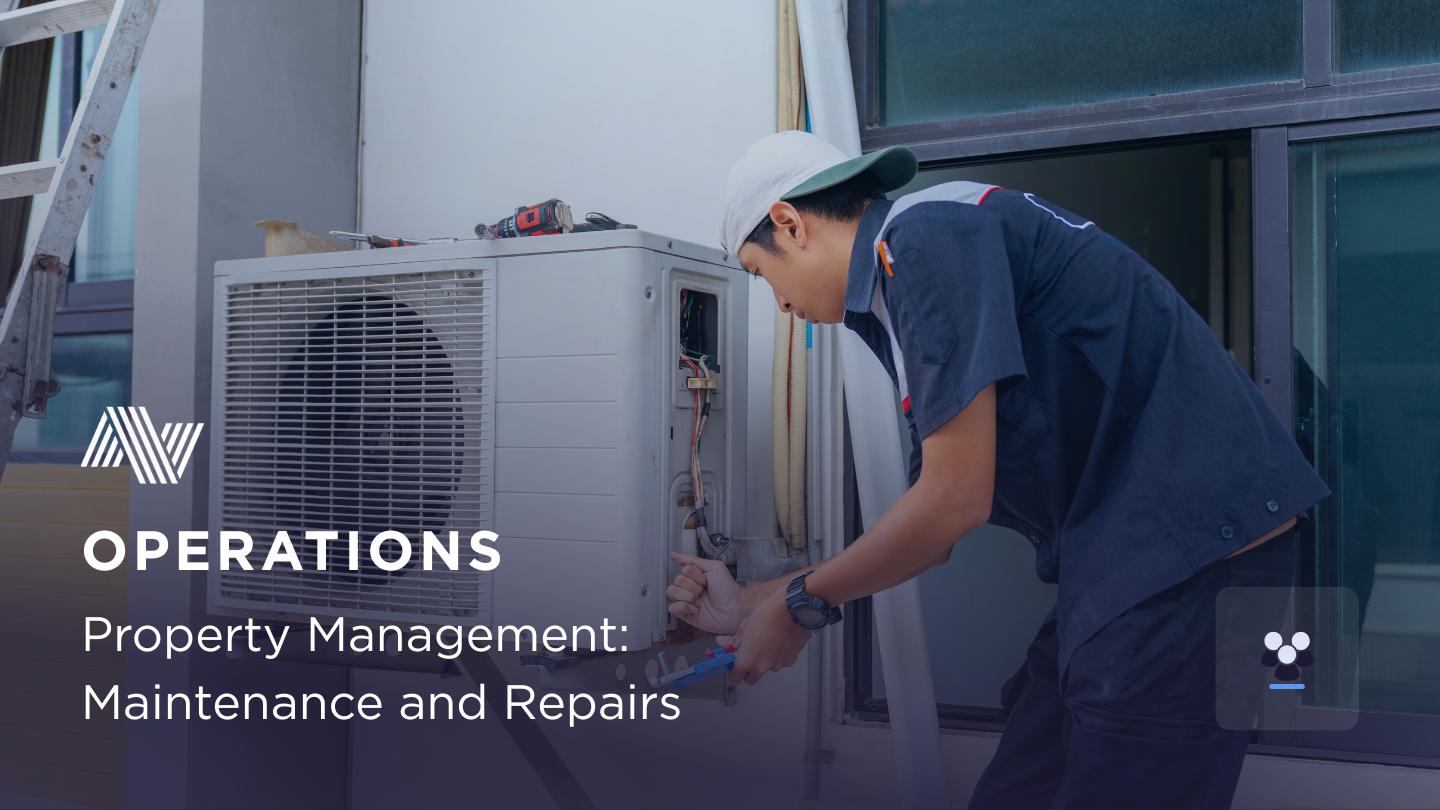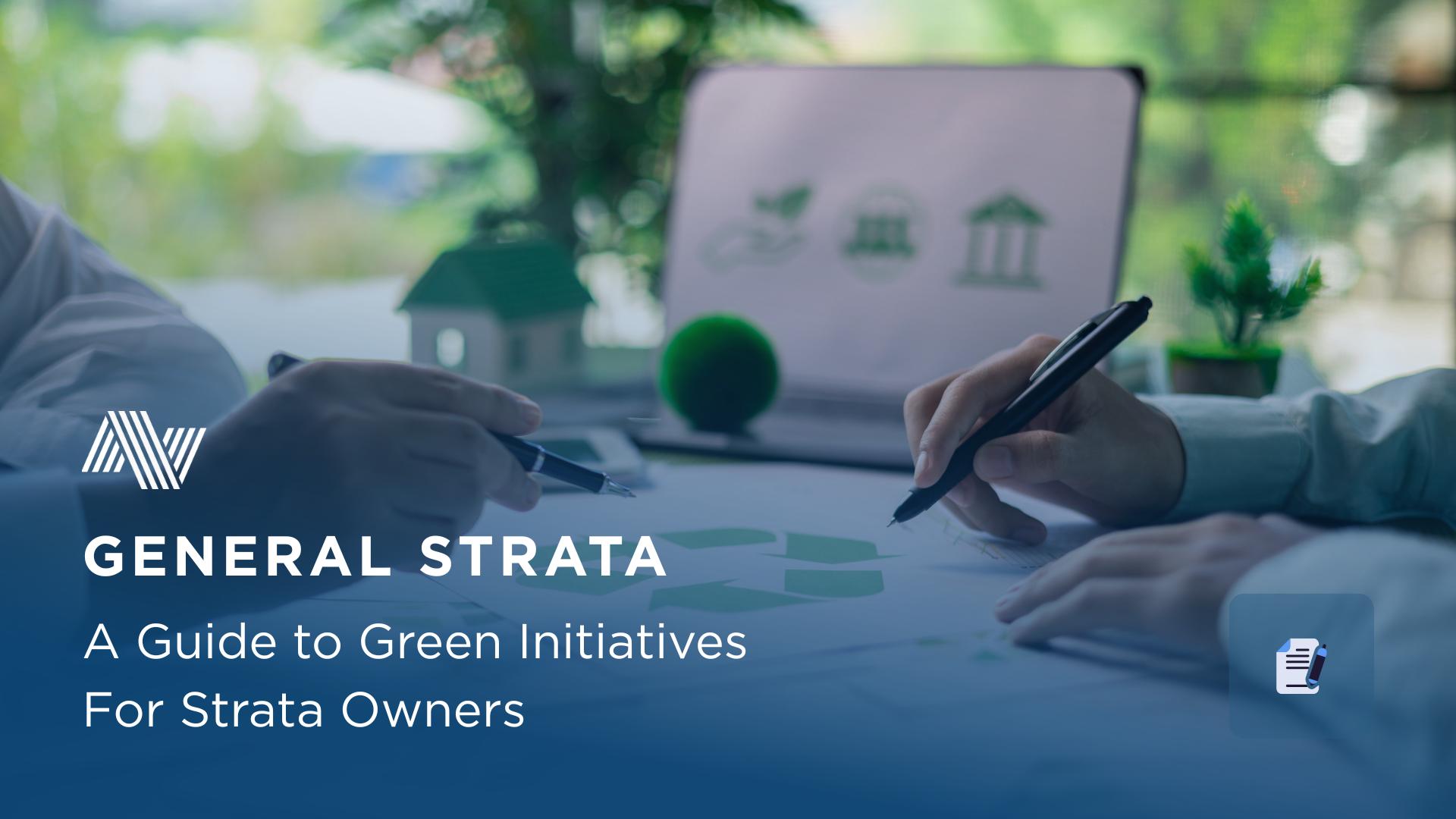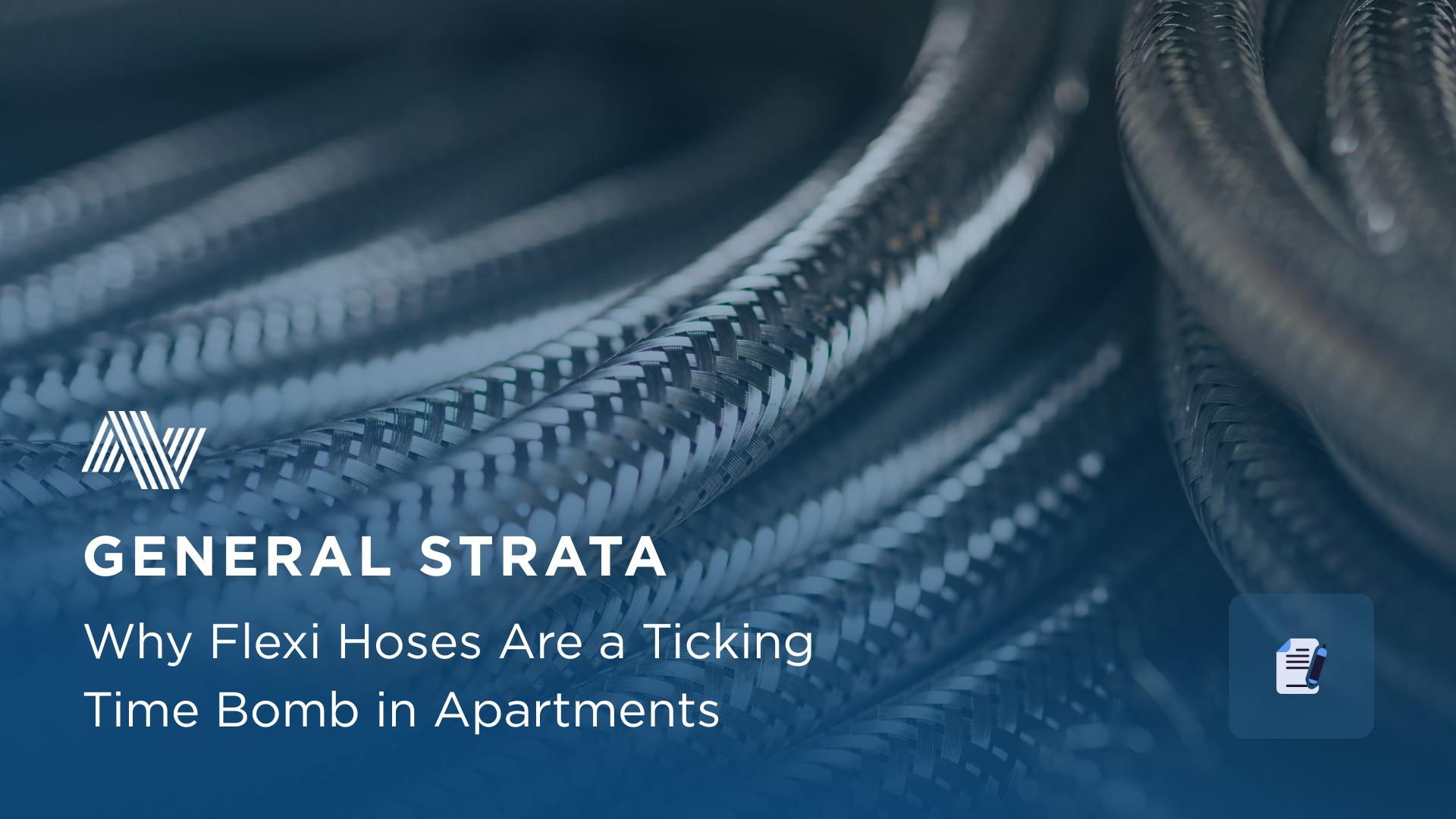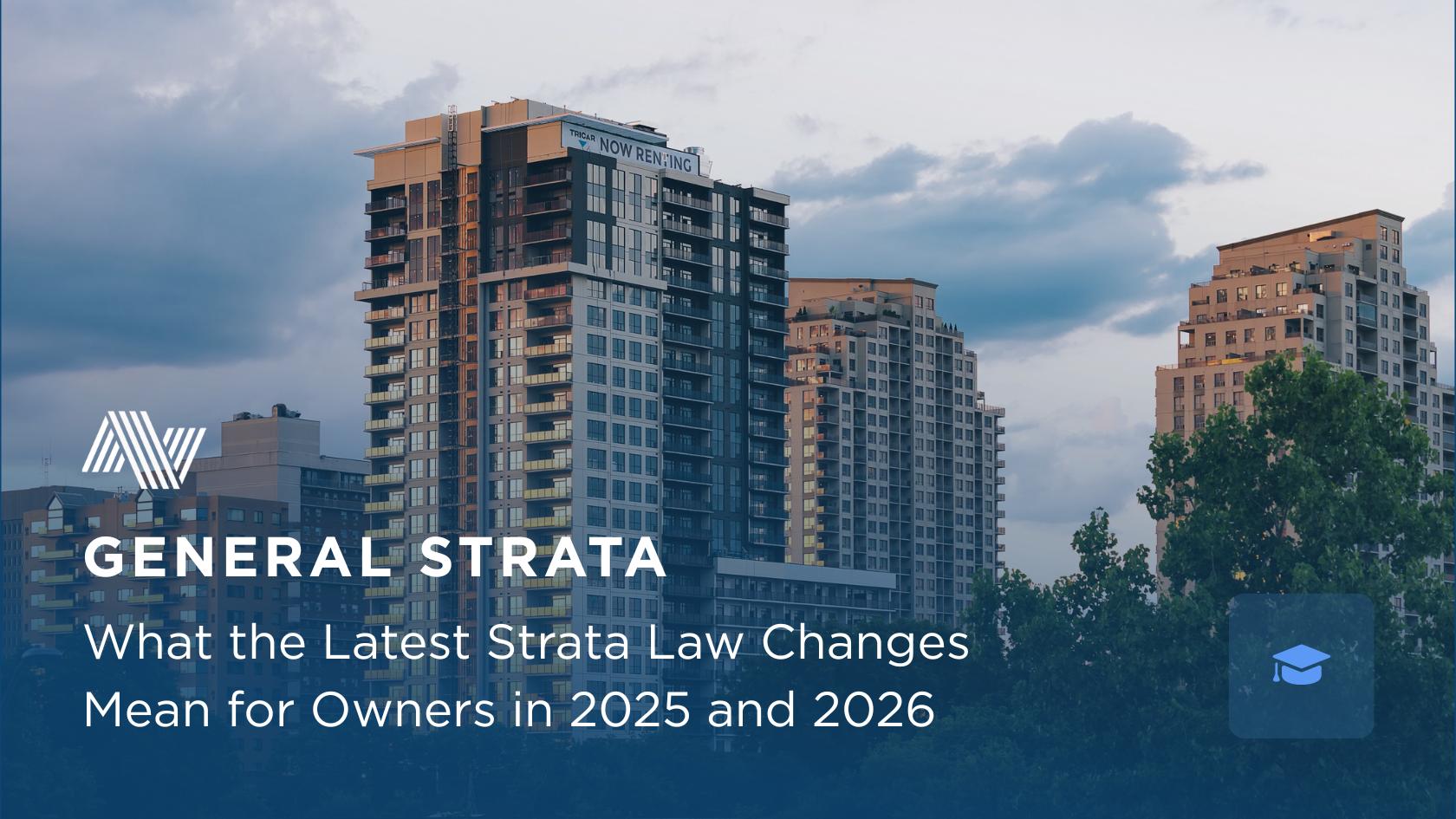Getting Started: An Intro to Strata Operations
Note: This article is intended as a general guide only, and should not be taken as legal or professional advice. It’s essential to consult with a qualified professional or seek advice from your managing agent if you have specific questions or concerns about strata living.
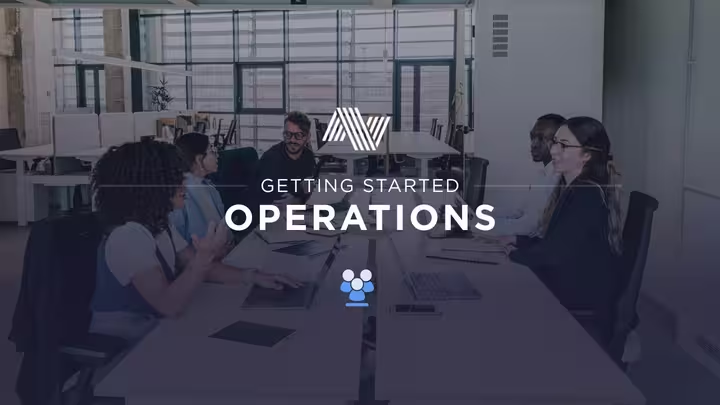

The One-Minute Guide to Strata Operations
If you only read one section, here are the key takeaways:
Financial Management – Levies fund your scheme; budgets and funds (administrative & capital works) ensure long-term financial health.
Strata Managers – Professionals who can handle administration, compliance, and disputes — especially valuable in complex or large schemes.
Maintenance & Repairs – The Owners Corporation must maintain and repair common property; regular upkeep protects safety and property value.
Stakeholders – Lot owners, the committee, strata managers, and tenants all play a role in operations.
Why It Matters – Good operations keep the scheme financially stable, legally compliant, and a desirable place to live.
Running a strata scheme in NSW involves more than just owning your individual lot — it’s about collective responsibility. Every owner contributes to the success of the scheme through financial management, decision-making, and property upkeep.
This article introduces the three key areas of strata operations:
- Financial Management – levies, budgets, and funds.
- Engaging Professionals – when and how to appoint a strata manager.
- Maintenance & Repairs – responsibilities for common property.
Understanding these basics helps you manage costs, protect property value, and create a well-functioning strata community.
Understanding Levies, Funds, and Budgeting
Financial management is one of the most critical aspects of running a strata scheme. The Owners Corporation (OC) must raise money from owners and allocate it responsibly.
Key elements include:
- Levies – regular payments made by lot owners to cover the scheme’s expenses.
- Funds – schemes must maintain an administrative fund (day-to-day costs) and a capital works fund (long-term repairs & replacements).
- Budgeting – OCs must prepare annual budgets and plan ahead for major works.
Who Needs to Know This?
- Lot Owners — Essential: levies directly impact your costs.
- Committee Members — Critical: oversee budgets and fund management.
- Strata Managers — Essential: often prepare financial reports and forecasts.
- Tenants — Helpful: levies aren’t paid directly, but costs may be reflected in rent.
- Prospective Buyers — Valuable: financial health of the scheme is a key due diligence check.
TL;DR: Levies fund the scheme. Healthy budgets and funds = long-term stability.
Continue Reading? Explore more about strata scheme financial management.
When and How to Engage Professionals
Not every scheme needs a strata manager, but many benefit from professional support — particularly larger or more complex ones.
When to Engage
- If your scheme struggles with admin, finances, or disputes.
- If the scheme is large or complex (e.g., mixed-use buildings, multiple lots).
How to Engage
- Check qualifications, licensing, fees, and scope of services.
- Compare providers — some offer full service, others specialise in finances or compliance.
Benefits
- Expertise in navigating compliance and disputes.
- Saves time and reduces the burden on volunteer committee members.
- Professional guidance on financial and property management.
Who Needs to Know This?
- Lot Owners — Essential: you’ll vote on whether to appoint a manager.
- Committee Members — Critical: you’ll work closely with the manager.
- Tenants — Helpful: managers often deal with tenant-related issues (e.g., by-law breaches).
- Prospective Buyers — Useful: professional management signals organisation and stability.
TL;DR: Strata managers provide expertise, efficiency, and peace of mind — but schemes should weigh the costs and benefits.
Continue Reading? Explore more about engaging with professionals.
Maintaining and Repairing Common Property
The Owners Corporation is legally responsible for maintaining and repairing common property.
This includes:
- Responsibilities – repairs and maintenance of structural elements (roof, walls, plumbing, foyers, lifts, gardens, etc.).
- Budgeting – costs are covered through levies and funds.
- Importance – regular maintenance protects safety, liveability, and property values.
Who Needs to Know This?
- Lot Owners — Essential: maintenance costs are funded through your levies.
- Committee Members — Critical: oversee repair approvals and schedules.
- Strata Managers — Essential: often coordinate maintenance and contractors.
- Tenants — Helpful: benefit directly from safe, well-maintained property.
- Prospective Buyers — Valuable: poor maintenance signals financial or governance issues.
TL;DR: Maintaining common property is the OC’s legal responsibility — and key to protecting property value.
Continue Reading? Explore more about property management.
Why Operations Matter
Operations are the engine room of every strata scheme. When finances, management, and maintenance run smoothly, everyone benefits:
- Owners protect their investment.
- Tenants enjoy a safe and pleasant living environment.
- Buyers see value in well-run schemes.
TL;DR: Good operations = financial stability + legal compliance + community harmony.
Common Pitfalls in Strata Operations
Avoid these mistakes that often cause financial or operational problems:
- Failing to budget for long-term costs – focusing only on annual expenses leaves the scheme unprepared for major repairs.
- Delaying professional help – waiting until disputes escalate makes management more difficult.
- Neglecting routine maintenance – postponing repairs increases long-term costs and risks safety issues.
- Not reviewing management contracts – failing to check services, fees, and performance can lock the scheme into poor arrangements.
Related Files





